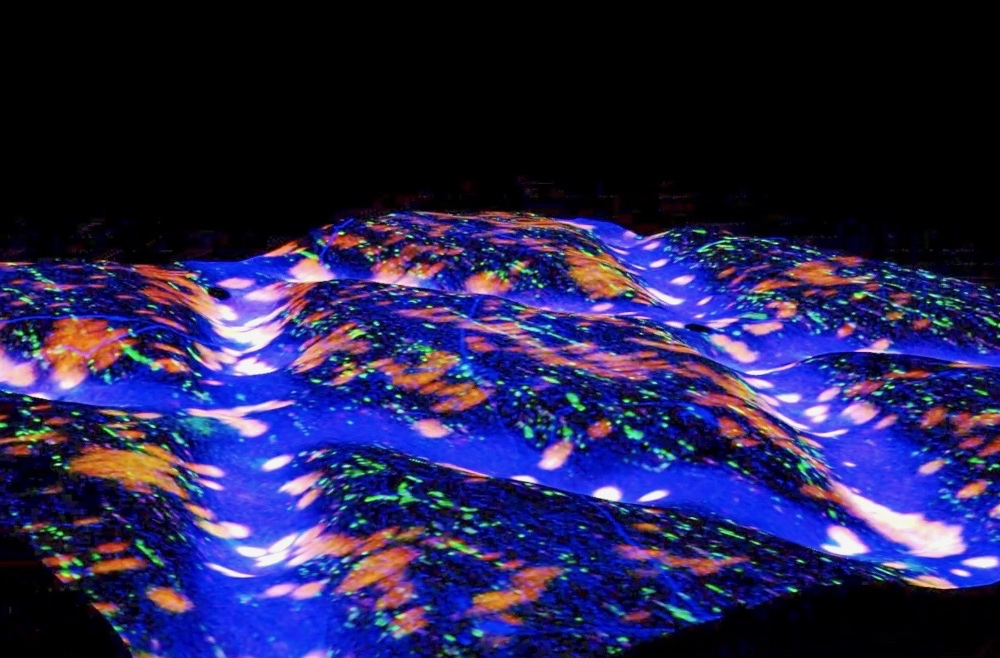
A new biologic “patch” that is activated by a person’s natural motion could be the key to fixing herniated disks in people’s backs, according to researchers at the Perelman School of Medicine at the University of Pennsylvania and the CMC VA Medical Center (CMCVAMC).
Combining years of work from many different projects, the “tension-activated repair patches” (TARPs) provide controlled release of an anti-inflammatory molecule called anakinra from microcapsules over time, which helped disks in a large animal model regain the tension they need to reverse herniation and prevent further degeneration. This pre-clinical research is detailed in a paper published in Science Translational Medicine.
“Currently there is no curative treatment for disk herniation, and the best thing out there ...
Read More






Recent Comments